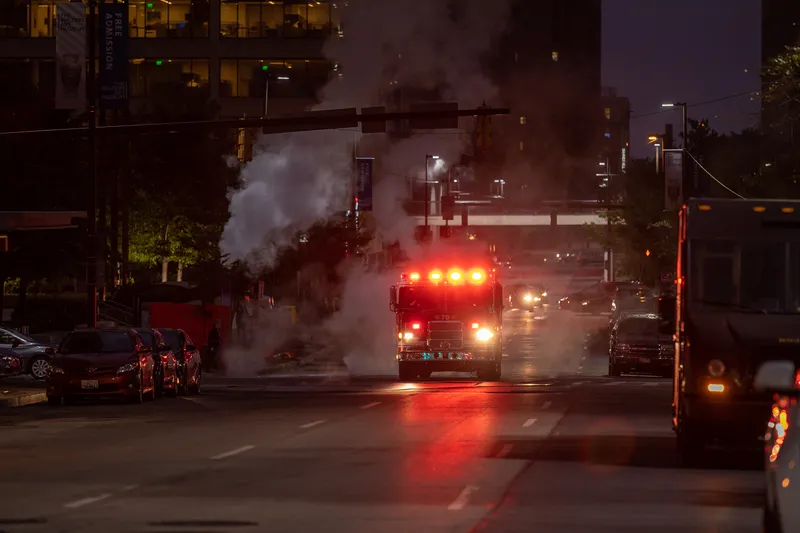
Advanced Traffic Products (ATP) is to distribute Applied Information's traffic signal preemption solutions in the north-west of the US.
It will sell in the states of Washington, Oregon, Montana, Idaho, Alaska, Utah, Wyoming, Colorado, Arizona, Nevada and Northern California.
The products can be used to prioritise emergency vehicles and to create signal priority for public transport buses, school buses and snowploughs.
It uses redundant communication methods including optical, line of sight radio and cellular Vehicle to Everything (C-V2X).
Applied says connectivity enables emergency vehicles to alert motorists that a first responder is nearby via a smartphone app, Waze and Haas Alert.
Edie Smith, president of ATP, says: “In addition to better response times, emergency vehicles will be able to communicate with connected vehicles and smartphone apps to help clear the way.”










